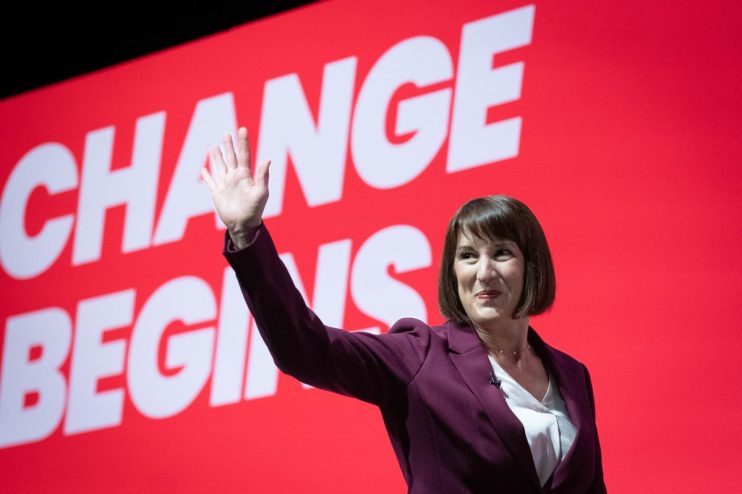UK may need £20bn tax hike to stop spending cuts, think tank says

Britain’s new Labour government may need to increase taxes by £20bn in its first budget to avoid real-term cuts across public services, the Resolution Foundation said on Saturday.
The think tank also said revising budget rules to use an alternative definition of public debt could allow finance minister Rachel Reeves to finance long-term investment while sticking to a pre-election pledge to bring down debt.
“The budget should set a new course for the parliament with a long-term and large-scale capital investment programme, enabled by a new fiscal rule that takes account of the benefits, as well as the costs, of that investment,” James Smith, the Resolution Foundation’s research director, said.
Labour should define debt in terms of public sector net worth, a broad measure that offsets the value of a wide range of public assets against past borrowing, creating room for an extra £50bn for investment, the think tank advised.
“The short-term reaction to such an approach may be concern about tax rises and extra borrowing, but the long-term prize of restored public services, new infrastructure and stronger growth is what Britain needs,” Smith said.
Official figures on Friday showed economic output expanded by 0.2 per cent in August after stagnating for two consecutive months. But business and consumer confidence surveys have pointed to lower sentiment and concerns about potential tax hikes.
The Institute for Fiscal Studies think tank earlier this week estimated Reeves would need to raise taxes by £25bn to end a squeeze on public services in the last budget of former Prime Minister Rishi Sunak’s Conservative government.
Reeves said the Conservatives had left a £22bn hole in the public finances and has warned that some taxes will have to rise.
The Resolution Foundation said Reeves could increase tax revenues by £20bn – about 0.7 per cent of gross domestic product – by scrapping exemptions from inheritance tax, raising capital gains and charging a social security levy on employers’ contributions to workers’ pensions.
Labour has said it will not raise taxes on “working people” and has ruled out increases to the main rates of income tax, value-added tax, National Insurance and corporation tax, which provide around three quarters of current tax revenue.
Suban Abdulla, Reuters
